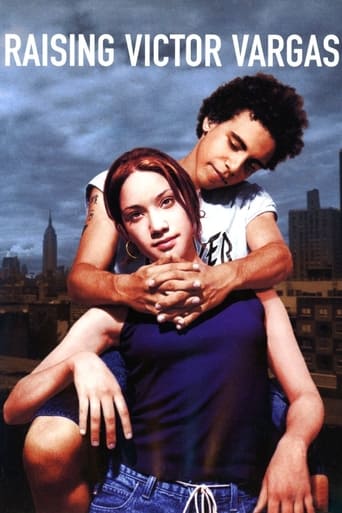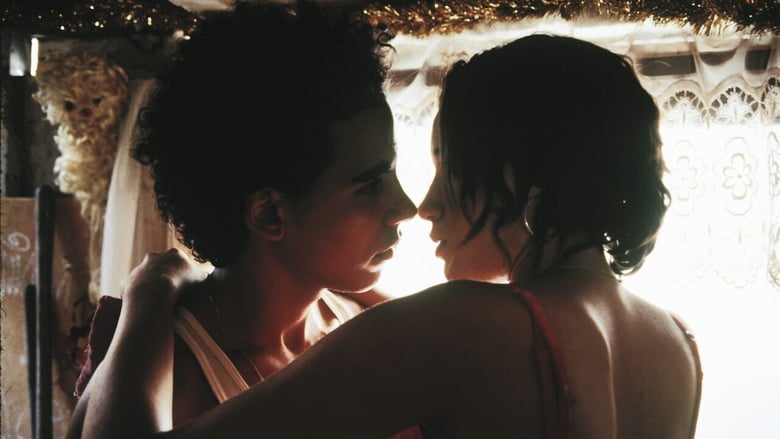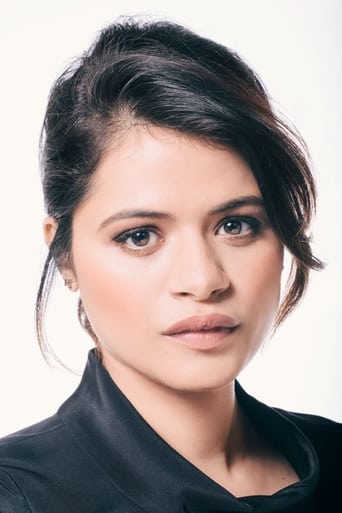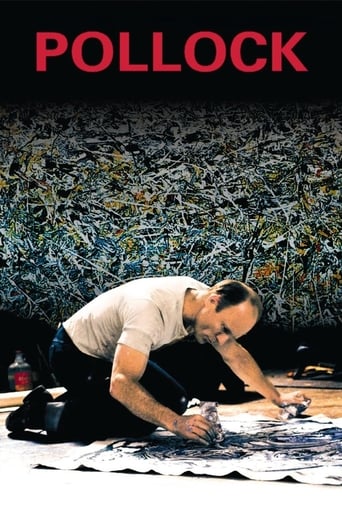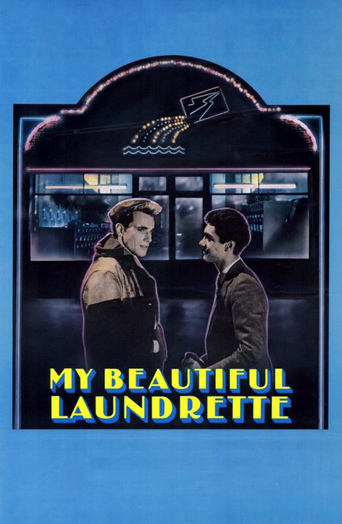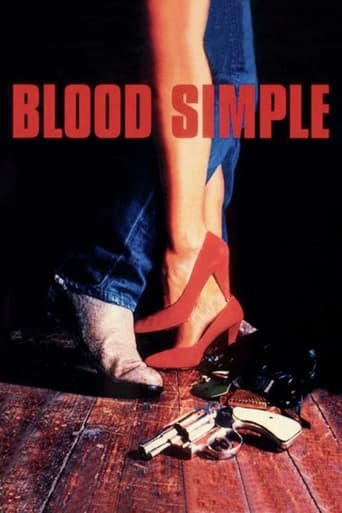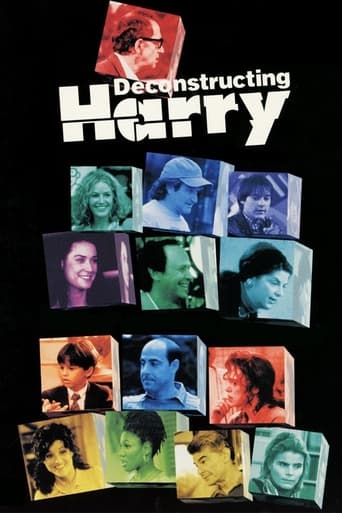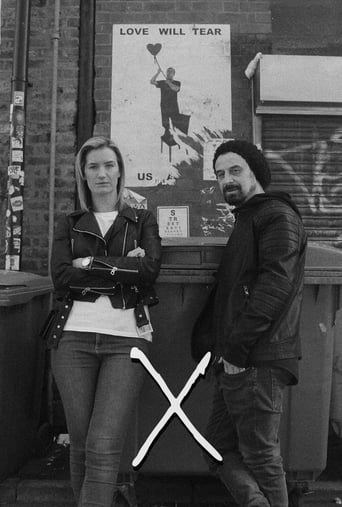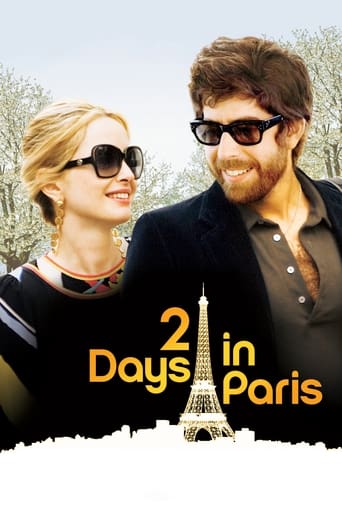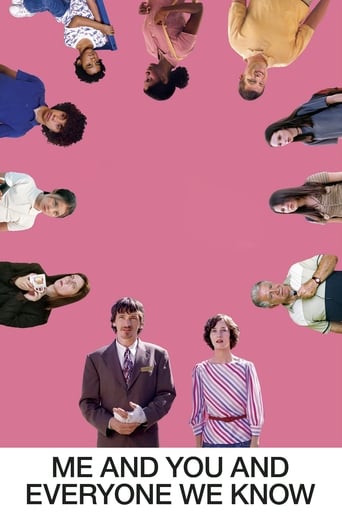Raising Victor Vargas (2002)
Victor, a Lower East Side teenager, as he deals with his eccentric family, including his strict grandmother, his bratty sister, and a younger brother who completely idolizes him. Along the way he tries to win the affections of Judy, who is very careful and calculating when it comes to how she deals with men.
Watch Trailer
Cast


Similar titles
Reviews
Simple and well acted, it has tension enough to knot the stomach.
Although I seem to have had higher expectations than I thought, the movie is super entertaining.
There are moments that feel comical, some horrific, and some downright inspiring but the tonal shifts hardly matter as the end results come to a film that's perfect for this time.
This movie feels like it was made purely to piss off people who want good shows
To me this film caught my attention in romance because even though the victor wanted to go out with Judy, victor never gave up kept trying fight for what you truly want that like in the path of God but you gotta fight to the very end but not with you strengthen but with Gods when you really have something in front of God a blessing to get it you have to be obedient living in holiness looking for him in spirit and truth each day and also interest me that in the end victor got with Judy even though Judy didn't want to get close to him cause she was scared but it kinda like the word of God but the word of God is better it breaks threw and change and restore.Real interesting the location of where it is that my hometown i lived near but i remember me being in love i used to do everything i could o take care of her buy her a lot of things also running like 12 blocks just to pick her up from school each day were always together but in the end i broke her heart, sad but you learn what you had into you lose it life is full teaching but each teaching you learn from your decisions and each outcome is your decision cant blame no one else if your decision wasn't in their hands
The opening shots of Raising Victor Vargas plant us behind the eyes of a female, a female who is fulfilling the role of another male's erotic affection, as the camera itself focuses square onto his expression. For a coming of age film, which revolves around a young and predominantly English speaking male, to begin in such a manner alludes to a later intelligence the film will go on to exhibit; its pulling of a one hundred and eighty on its audience under these terms of what's usual or might be expected under this premise to a scene intriguing. Ultimately, the audience is made to suffer the indignities of male longing via being placed behind a female's point of view and made to sit through what, to some, has plagued cinema since the latter days of Hollywood's classical era. It's a refreshing instance of a film turning things on its head, of mixing things up and trying to do something renowned or familiar in an unrenowned or unfamiliar way. To this extent, the opening captures the spirit of this determined film making effort, specifically in its regard to its characters and how it goes about depicting familiar material.The film is an independent American piece written and directed by Peter Sollett, a film shot on location across summer weeks in the American city of New York and preoccupied with depicting an array of characters in a Hispanic quarter of said city. At its heart, it is about a maturing process; a film playing out in a sweltering urban locale wherein the smart play appears to be to wrap the sofa so much is the desire to avoid those who often inhabit it from smelling out the apartment too much. It depicts the young man who filled the frame during that opening shot, and he is Victor Rasuk's titular Victor Vargas – someone who lives with a sister, brother and their grandmother in an apartment block but of whom also has a close circle of friends and acquaintances outside of this family unit.Vargas likes girls. He likes the idea of girls and the idea of people knowing he has the idea of liking girls – in spite of this, he remains on the outside looking in at them in regards to truthfully knowing any of them. You might say that it is during this opening scene that the confusion and scattergun nature of Victor's life in terms of the opposite sex is epitomised, for Victor inhabits the bedroom of a young female neighbour whom nobody thinks it attractive – fleeing in a panic when word rapidly gets out once he is spotted. So desperate is he for love and affection and all the things which come with possessing a girlfriend, that Victor had to 'sink' to a level that saw him go after this neighbour: something which threatens his masculinity with a two-pronged attack, in as much he didn't get the girl and now must live in ignominy at the fact going for a girl most could have was the easy, desperate option.A form of what he sees as redemption arrives in Judy Gonzalez (Marte), the local girl who ticks all the right boxes in terms of what the young male population are looking for, and a girl who's so aware of what her own looks encompass in terms of male encroachment that she is a staunch rejecter of most advances. "Who needs men, right?" she tells a close friend. She is, of course, the object of Victor's gaze at the local communal swimming pool; an unfortunate spot which will attract all the kids during this hot season but force them into wearing not very much as they attempt to battle the heat. Her response, as is with most men after having been the victim of a proverbial sizing up, is a resounding "No." Away from the central strand is Victor's brother, Nino - played by Rasuk's real-life younger brother Silvestre. Nino looks up to his brother's womanising ways, but epitomises a more righteous incarnation of the male gender: a boy on the brink of a certain stage in life who could sway into the fatuous, womanising ways of Victor or down a more righteous path. At the moment, he attends church and enjoys playing the piano – this is not only Victor's tale of how he can score Judy running in sync with what he learns along the way, but it is tells a story of how positive influence in this regard may change the dynamic of a younger head who idolises someone close to them.The film comes to depict Victor's changing attitudes; a character who comes a long way from inhabiting the bedroom of the local desperado romantic, because he just doesn't care with whom he is laid, and into someone who genuinely comes to like a certain someone else through naturalistic processes. It is a film challenging the nonsense of how Latino characters are often depicted as possessing more photogenic qualities than others, while there is a fascinating dynamic at the homestead involving his grandmother, whose traditional thoughts on all this stuff clashes vehemently with the early 21st Century, New York City based sexual politics. As far as American, English language films that go about depicting young love; sexuality and the like, Raising Victor Vargas hits the target.
I had the opportunity to see Peter Sollett's celebrated short film, FIVE FEET HIGH AND RISING, at the First Run Festival (NYU's student showcase) in April of 2000 and it truly was a remarkable achievement in the short format. Sollett cast appealing and charismatic young non-actors from around the Brooklyn neighborhood where he was shooting. The result was something out of the French New Wave a raw, unflinching look at youth and growing up while remaining optimistic, romantic and charming. He even ended the film with a freeze frame, akin to THE 400 BLOWS.I bring up the short because it is this short on which RAISING VICTOR VARGAS, which aired on Saturday on Reel 13, was based. Sollett actually uses the same kids that he used in the short, only now they are several years older and suddenly very aware that they are acting. The improvisational moments that Sollett allows for in both films are more contrived in the feature now that the kids are older and more experienced. That lightning-in-a-bottle honesty that he captured in FIVE FEET HIGH AND RISING was missing in RAISING VICTOR VARGAS. The lead kid, Victor Rasuk, was much taller than five feet this time around, but he was still trying to play the puny upstart vying for the attention of a much taller and potentially older woman. Only he's not so puny and they are now the same height. The dynamics of the original were lost.This is not to say that RAISING VICTOR VARGAS is a bad film not by any stretch. It is very clear that Sollett is a very intelligent and talented filmmaker. The family dynamic he created in the film is very effective and the addition of the grandmother character was a great idea. I particularly like that she was flawed instead of the perfect, learned and loving matriarch that you so often see. There are even some moments that approach the immediacy and sincerity of the short, but not enough to justify returning to the same story. RAISING VICTOR VARGAS got extraordinary reviews when it first came out a few years ago, but I wonder if all those critics had the opportunity to see the short as I had. If they had, I wonder if they wouldn't feel as let down as I did.(For more information on this or any other Reel 13 Indie, check out www.reel13.org).
This is a terrific little movie. It has very much a New Yorker perspective, and more specifically one belonging to this group of Latinos on the Lower East Side, from the Dominican Republic and Puerto Rico, so how this plays outside NYC is anyone's guess. (In one rooftop scene, which must have been filmed in maybe the summer of 2001, there is a brief glimpse of the Twin Towers of the World Trade Center; and that puts it in a special category for us New Yorkers.) The writing and the acting are brilliant. All these characters are tough on the outside, extremely vulnerable within. Everything they say is an attack, a command, a mockery, a cajolery, a devious offense, a frightened defense. They are tough, and at times mean, but, more important, they are still lovable, and have begun to recognize how much they love one another.Highlights: the brilliance of the respective dialogues between the two young men (the hero and his buddy) and the two young women whom they are each wooing; the gorgeous affection for the faces and expressions of the central characters; the similarly gorgeous affection for the still developing but already fine bodies of the shirtless brothers; the warm golden lighting of the Guzman/Vargas apartment in many scenes, and of the amazing candle-lighting scene in the church; the poignant use of the same theme, now rendered to piano, which Woody Allen had made meaningful in "Hannah and Her Sisters," the second movement of the harpsichord concerto in F-minor, with its powerful octaves under the left hand.

